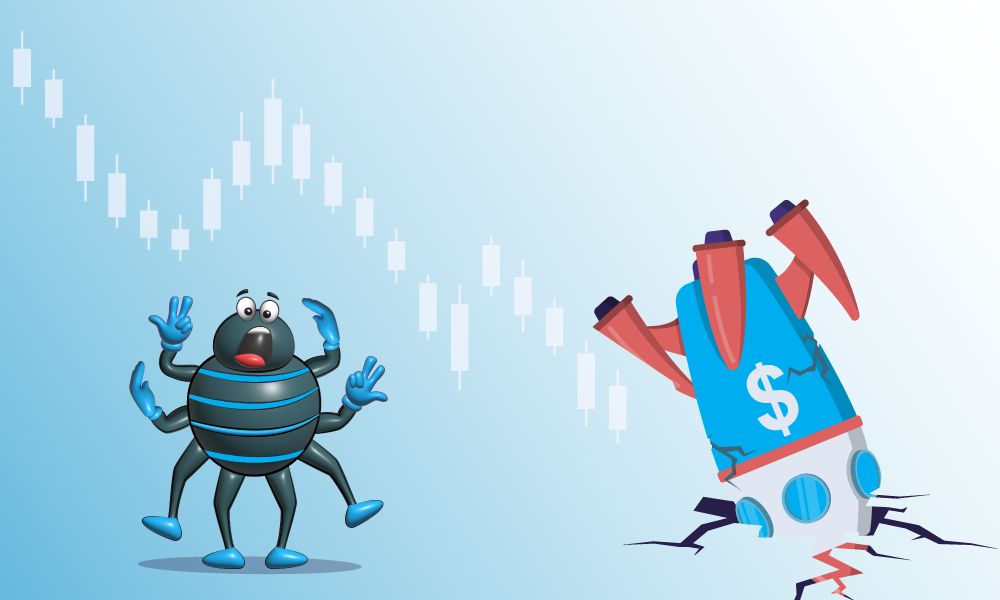
There are two main types of traders in the market: those who trade for themselves and those who trade for institutions. Institutional traders buy and sell stocks for institutions like pension funds, mutual funds, hedge funds, banks, insurance companies, exchange-traded funds (ETF), and others. Retail traders buy and sell stocks for their own accounts.
Institutional traders usually trade in large amounts and have access to initial public offerings (IPOs) and complex securities like forwards and swaps. Also, they can negotiate their transaction fees and may even be able to send orders directly to the exchanges. Retail traders, on the other hand, must go through a broker and don't usually trade in large amounts.
The initial public offering market is closed to most retail investors, who instead focus on stocks, bonds, options, and futures. Even while most deals involve 100 shares, or a "round lot," retail investors are not limited to trading in 100-share increments.
The retail trader may pay more if their broker charges a flat fee per trade on top of other fees to cover marketing and distribution. In most cases, the volume of shares exchanged by individual investors is insufficient to have a meaningful effect on the price of the security.
The lower price points of small-cap stocks make them more attractive to retail traders, who, unlike institutional traders, may not have access to large sums of capital to invest in a wide variety of securities.
There are two key causes that work together to produce such a high failure rate.
The media and the industry would have you believe, first and foremost, that anyone can become a successful trader. And we all know that isn't the case. Theoretically, anyone who is prepared to put in the time and treats it like a business can succeed. The majority of traders don't treat trading as seriously as they would any other career.
We can do nothing about the first explanation, so let's ignore it. Most of the business model depends on people being naive, and we have no intention of changing that.
There is a second, more fundamental explanation, and it has to do with the nature of human beings, in addition to the first. Few people who try their hand at trading the financial markets are able to make it through the learning curve because they cannot control their emotions well enough to take on sufficient risk.
Emotional self-management is more difficult than it seems, and the learning curve is slowed even further by the volatility of the market. The very thing that draws people in makes this industry so challenging to grasp.
A trader's capacity to keep his mental health in check and regulate his reactions is astoundingly affected by the immediate and, at times, violent feedback he receives from the market following each trading choice.
It may interfere with higher brain functioning and cause the body to respond with "fight or flight" mechanisms. This leads to irrational trading, also known as "trading on tilt," which is far more costly than any other blunder.
Normally, there is some distance between the decisions you make on a daily basis and the ultimate response you receive — your salary — at the end of the month. Not in this industry. Any decision you make at any level has an instant effect on your funds.
The money you have invested can be lost through even the smallest of mistakes, but it can also be restored and even increased through wise choices. Knowing the mechanisms of this kind of psychological exposure can make a world of difference in how you cope with it.
Thus, one may tell a professional from an amateur by looking at their mental makeup. Don't misunderstand me... Discretionary traders who make a living professionally are not robots, but they are considerably more in control of their emotions. The successful trader knows that the majority of the game is based on how others see things, and everything else is merely gravy.
You might be wondering what the secret is to getting to that point. To get started, don't trade in any market, financial instrument, time frame, or trading approach that doesn't feel natural to you. It's preferable to avoid situations that can cause you to face your inner demons.
Always look for tactics that make sense to you and resonate with your core values. If you are impatient, trade on shorter time periods; if you are risk-averse but lack sufficient cash, employ margin with tight risk management (maybe options); if you have a mathematical mind, try quantitative tactics; and so on. There is always something you can change about yourself, and you should if you want to succeed.
Hot Topics
5 Countries Have The Most Trouble With Cryptocurrency
Crypto Swing Trading - A Definative Guide In 2022
Asian Stock Markets Mixed Ahead Of Latest US Jobs Reading
It's funny to me that most courses focus on predicting the future of the market, yet the real key to success is in being able to adjust to whatever the market throws at you. And the market is the other traders themselves, in a sense.